
Pope Francis, a deeply revered spiritual leader of over a billion Catholics worldwide, the process to elect his successor has officially begun. As per Church protocol, a closed-door papal conclave will be held inside the Sistine Chapel in Vatican City, where eligible cardinals from across the globe will gather to choose the next Pope. Among them, four Indian cardinals will cast their votes, marking a significant moment for the Indian Catholic community.
The four Indian cardinals eligible to vote are:
Filipe Neri Ferrao, the Archbishop of Goa and Daman
Baselios Cleemis, Major Archbishop of the Syro-Malankara Catholic Church in Kerala
George Koovakkad, former head of the Journeys Office of the Secretariat of State of the Holy See
Anthony Poola, Metropolitan Archbishop of Hyderabad and the first Dalit archbishop in India
These leaders represent the diversity and depth of India’s Christian traditions, from Latin-rite dioceses to Eastern Catholic Churches. Their presence in the conclave highlights India’s growing prominence within the global Catholic hierarchy.
Two other prominent Indian cardinals—Oswald Gracias, former Archbishop of Bombay, and Cardinal George Alencherry, Major Archbishop Emeritus of the Syro-Malabar Church—are not eligible to vote, having surpassed the age limit of 80 years set by the Church for papal electors.
The conclave has been set in motion by the death of Pope Francis, born Jorge Mario Bergoglio, who passed away at the age of 88 in Vatican City on Monday morning. The first Pope from Latin America and a champion of the poor and marginalized, Francis had been battling chronic lung disease and had recently spent 38 days in hospital, which had severely weakened him.
Pope Francis leaves behind a legacy marked by humility, interfaith outreach, and progressive reforms. His funeral, expected to be attended by leaders and faithful from around the world, will be followed by a period of mourning and reflection before the cardinals retreat into seclusion for the conclave—a centuries-old ritual that emphasizes prayer, discretion, and divine guidance.

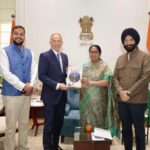

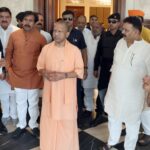

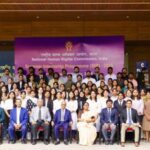
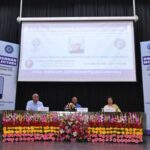
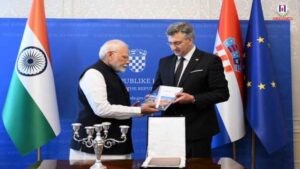
No Comments: